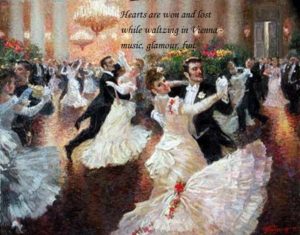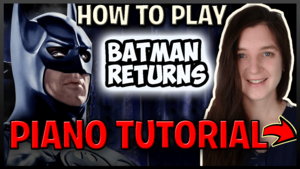
Music And Human Health In our complex world, any phenomenon can be used for both good and bad. Music is no exception. It’s a pity…

The Mystery Of Music
collections of links to interesting content
Rock-and-roll, Dr. Bharucha said, is often thought to be a new form of music, but in fact it uses chords and elemental patterns that go back centuries.
Ironically, as far as pitches and harmonies go, rock-and-roll is more traditional and has changed less than classical music, he said, which may help explain its popularity.
* The Mystery Of Music and How It Works In the Brain
Music and Emotions
Free download of the e-book “Music and Emotion – Research on the Theory of Musical Equilibration
or on the online journal EUNOMIOS
The Ethan Hein Blog
The Musical Octave
by Thomas Váczy Hightower The Musical Octave
Music and Human Health

[xyz-ihs snippet="NavigationLinksBlock-Common"]
Largo
from New World Symphony
by Antonin Dvorak
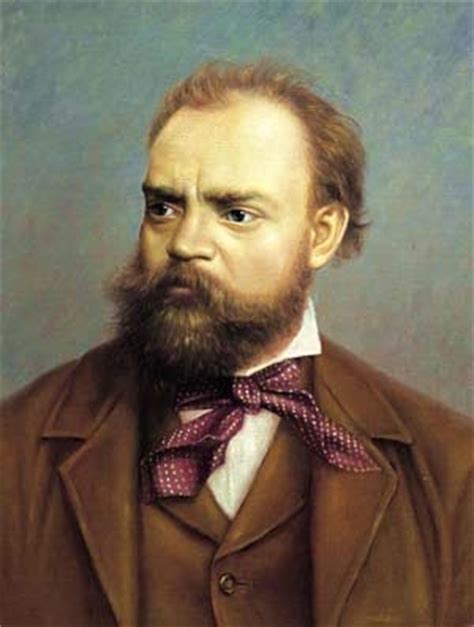
The "Largo" from New World Symphony, by name of Symphony No. 9 in E Minor, Op. 95: From the New World, orchestral work by Bohemian composer Antonín Dvořák, a major milestone in the validation of American — or “New World” — music and lore as source material for classical composition.
Written while Dvořák was living and working in New York City, the symphony purportedly incorporated the composer’s reflections on his American setting.
The piece premiered at Carnegie Hall on December 16, 1893.
[video width="640" height="360" mp4="https://www.easypianoonline.com/wp-content/uploads/2018/11/DvorakLargo.mp4"][/video]

[xyz-ihs snippet="NavigationLinksBlock-Common"]
Merry Widow Waltz
by Franz Lehar
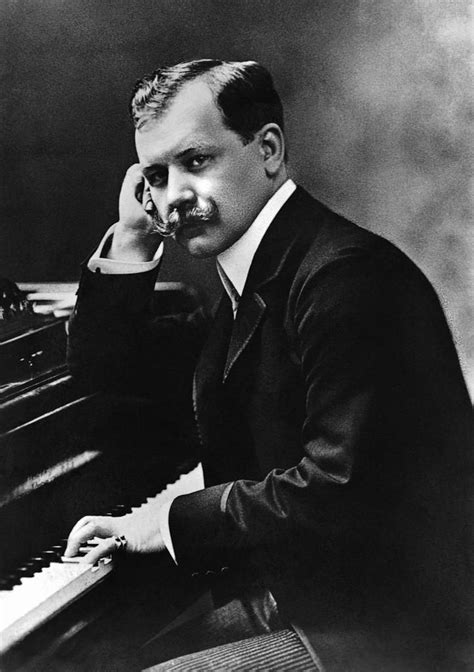 The Merry Widow (German: Die lustige Witwe) is an operetta by the Austro-Hungarian composer Franz Lehár. The librettists, Viktor Léon and Leo Stein, based the story – concerning a rich widow, and her countrymen's attempt to keep her money in the principality by finding her the right husband – on an 1861 comedy play, L'attaché d'ambassade (The Embassy Attaché) by Henri Meilhac.
The Merry Widow (German: Die lustige Witwe) is an operetta by the Austro-Hungarian composer Franz Lehár. The librettists, Viktor Léon and Leo Stein, based the story – concerning a rich widow, and her countrymen's attempt to keep her money in the principality by finding her the right husband – on an 1861 comedy play, L'attaché d'ambassade (The Embassy Attaché) by Henri Meilhac.
The operetta has enjoyed extraordinary international success since its 1905 premiere in Vienna and continues to be frequently revived and recorded. Film and other adaptations have also been made. Well-known music from the score includes the "Vilja Song", "Da geh' ich zu Maxim" ("You'll Find Me at Maxim's"), and the "Merry Widow Waltz".
[video width="640" height="368" mp4="https://www.easypianoonline.com/wp-content/uploads/2018/11/MerryWidow.mp4"][/video]
The San Francisco Opera, 2001.
Cond: Erich Kunzel
Hanna Glawari (merry widow) - Yvonne Kenny
earl Daniło Daniłowicz - Bo Skovhus
Lyrics
Love unspoken, faith unbroken, all life through
Strings are playing, hear them saying, "Love me true"
Now the echo answers, "Say you want me too"
All the world's in love with love, and I love you
I hear the music play, it carries me away
All sorrow will have flown when you are mine and mine alone
So the music seems to say I've not a single thing to say
It's wanting you to know I love you so
Now the echo answers, "Say you want me too"
All the world's in love with love, and I love you

[xyz-ihs snippet="NavigationLinksBlock-Common"]
In Dreams
(from Lord of the Rings)
by Howard Shore
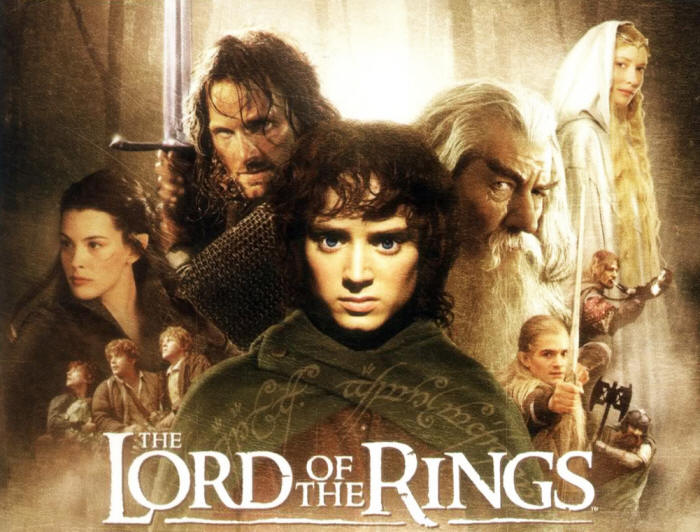
The "In Dreams" is a song by Howard Shore, with lyrics by Fran Walsh, originally written for the motion picture The Lord of the Rings: The Fellowship of the Ring. In the movie, it was sung by the boy soprano Edward Ross and a boy choir. It was also sung by another boy soprano named James Wilson, but was not noted on the album.
[video width="640" height="360" mp4="https://www.easypianoonline.com/wp-content/uploads/2018/11/InDreams.mp4"][/video]
Lyrics
When the cold of winter comes
Starless night will cover day
In the veiling of the sun
We will walk in bitter rain
But in dreams
I can hear your name
And in dreams
We will meet again
When the seas and mountains fall
And we come, to end of days
In the dark I hear a call
Calling me there,
I will go there
And back again

[xyz-ihs snippet="NavigationLinksBlock-Common"]
Moon River
by Henry Mancini
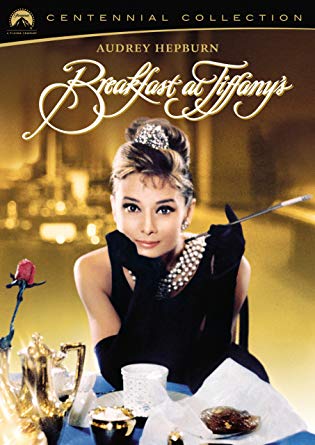
The "Moon River" is a song composed by Henry Mancini with lyrics by Johnny Mercer. It was originally performed by Audrey Hepburn in the 1961 movie Breakfast at Tiffany's, winning an Academy Award for Best Original Song. The song also won the 1962 Grammy Awards for Record of the Year and Song of the Year.
The song has been covered by many other artists. It became the theme song for Andy Williams, who first recorded it in 1962 (and performed it at the Academy Awards ceremony that year). He sang the first eight bars of the song at the beginning of each episode of his eponymous television show and named his production company and venue in Branson, Missouri, after it; his autobiography is called "Moon River" and Me. Williams' version was never released as a single, but it charted as an LP track that he recorded for Columbia on a hit album of 1962, Moon River and Other Great Movie Themes.
[video width="512" height="288" mp4="https://www.easypianoonline.com/wp-content/uploads/2018/11/MoonRiver.mp4"][/video]
Lyrics
Moon River, wider than a mile,
I'm crossing you in style some day.
Old dream maker, you heart breaker,
Where ever you're going,
I'm going your way.
Two drifters, off to see the world.
There's such a lot of world to see.
We're after the same rainbow's end,
Waiting 'round the bend,
My huckleberry friend,
Moon River and me.

[xyz-ihs snippet="NavigationLinksBlock-Common"]
Nocturne
Op. 9 No. 2
by Frederic Chopin
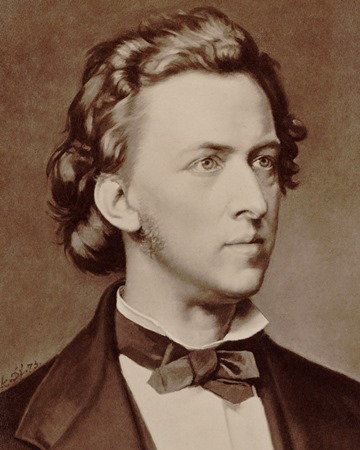
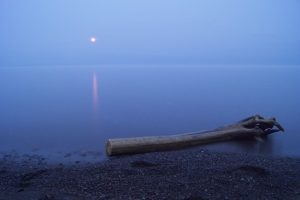
"Songs of the night", "piano bel canto": such is how Fryderyk Chopin's nocturnes are usually described.
They are piano miniatures among the most well known and most beautiful of Chopin's works.
The genre of the piano nocturne was created by the Irish composer and pianist John Field (1782-1837), to whom Chopin referred.
The nocturne, perfectly suited to the mood of the era, evokes with its very name romantic images of the night, the moon, and all the shades of lyrical and dramatic expression associated with them.
Its poetry is shaped by an atmosphere of intimacy and reverie.

[xyz-ihs snippet="NavigationLinksBlock-Common"]
The Music Of The Night
(from The Phantom Of The Opera)
by Andrew Lloyd Webber
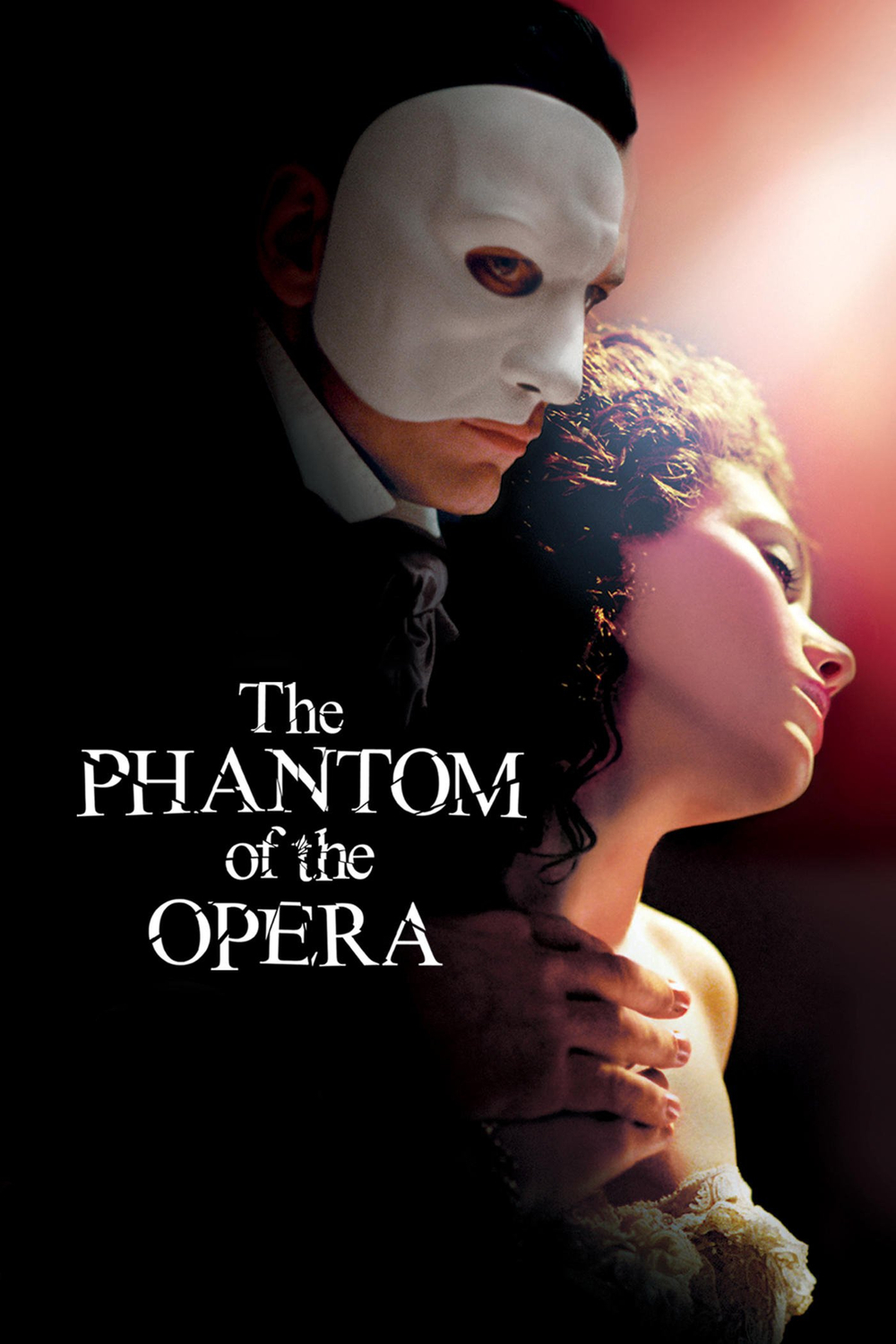
[video width="640" height="360" mp4="https://www.easypianoonline.com/wp-content/uploads/2018/11/TheMusicOfTheNight.mp4"][/video]
Lyrics
[PHANTOM]
[Verse 1]
Nighttime sharpens, heightens each sensation
Darkness stirs and wakes imagination
Silently the senses abandon their defenses
[Verse 2]
Slowly, gently, night unfurls its splendor
Grasp it, sense it, tremulous and tender
Turn your face away from the garish light of day
Turn your thoughts away from cold, unfeeling light
And listen to the music of the night
[Verse 3]
Close your eyes and surrender to your darkest dreams
Purge your thoughts of the life you knew before
Close your eyes, let your spirit start to soar!
And you'll live as you've never lived before
[Verse 4]
Softly, deftly, music shall surround you
Feel it, hear it closing in around you
Open up your mind, let your fantasies unwind
In this darkness which you know you cannot fight
The darkness of the music of the night
ADVERTISING
[Verse 5]
Let your mind start a journey to a strange new world
Leave all thoughts of the world you knew before
Let your soul take you where you long to be
Only then can you belong to me
[Verse 6]
Floating, falling, sweet intoxication
Touch me, trust me, savor each sensation
Let the dream begin, let your darker side give in
To the power of the music that I write
The power of the music of the night
[Outro]
You alone can make my song take flight
Help me make the music of the night
The music was written by Andrew Lloyd Webber with lyrics by Charles Hart.

[xyz-ihs snippet="NavigationLinksBlock-Common"]
HALLELUJAH
by LEONARD COHEN
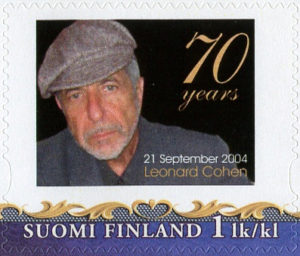
The "Hallelujah" is a song written by Canadian singer Leonard Cohen, originally released on his album Various Positions (1984). Achieving little initial success, the song found greater popular acclaim through a recording by John Cale, which inspired a recording by Jeff Buckley. It is considered as the "baseline" of secular hymns.
[video width="640" height="360" mp4="https://www.easypianoonline.com/wp-content/uploads/2018/11/Hallelujah-.mp4"][/video]
André Rieu - Hallelujah
Lyrics
Well I heard there was a secret chord
That David played and it pleased the Lord
But you don't really care for music, do you?
Well it goes like this: the fourth, the fifth
The minor fall and the major lift
The baffled king composing Hallelujah
Hallelujah [x4]
Your faith was strong but you needed proof
You saw her bathing on the roof
Her beauty and the moonlight overthrew you
She tied you to her kitchen chair
She broke your throne and she cut your hair
And from your lips she drew the Hallelujah
Hallelujah [x4]
Baby I've been here before
I've seen this room and I've walked this floor (you know)
I used to live alone before I knew you
And I've seen your flag on the marble arch
And love is not a victory march
It's a cold and it's a broken Hallelujah
Hallelujah [x4]
There was a time when you let me know
What's really going on below
But now you never show that to me, do you?
But remember when I moved in you
And the holy dove was moving too
And every breath we drew was Hallelujah
Hallelujah [x4]
Maybe there's a God above
All I've ever learned from love
Was how to shoot somebody who outdrew you
And it's not a cry that you hear at night
It's not somebody who's seen the light
It's a cold and it's a broken Hallelujah
Hallelujah [x13]
Songwriters: Leonard Cohen
Hallelujah lyrics © Sony/ATV Music Publishing LLC

[xyz-ihs snippet="NavigationLinksBlock-Common"]
Grande Valse Brillante
Op. 34 No. 1
by Frederic Chopin

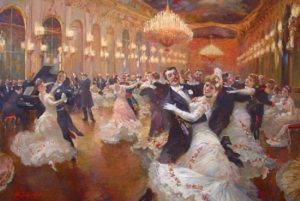

[xyz-ihs snippet="NavigationLinksBlock-Common"]
Clair De Lune
by Claude Debussy
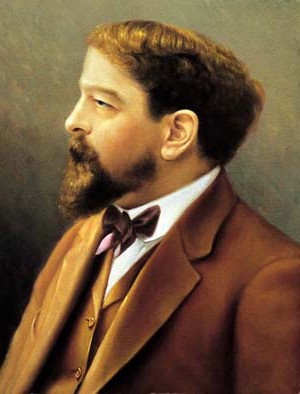
" Clair De Lune " - the third and most famous movement of Suite bergamasque is "Clair de lune", in D♭ major.
It is written in 9/8 meter and marked andante très expressif. Its title, which means "moonlight" in French, is taken from Verlaine's poem "Clair de lune".
It is not to be confused with the two settings of the poem composed by Debussy for voice and piano accompaniment.
[video width="640" height="360" mp4="https://www.easypianoonline.com/wp-content/uploads/2020/12/Lang-Lang-Clair-de-lune.mp4"]

[xyz-ihs snippet="NavigationLinksBlock-Common"]
Canon in D
by Johann Pachelbel
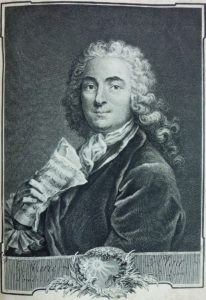
Johann Pachelbel was a German Baroque composer and organist and is best remembered for his Canon in D, which is often heard at weddings.
He wrote a considerable number cantatas for the Lutheran church, hymn settings, and chamber sonatas for various instruments, especially the violin.
[video width="640" height="360" mp4="https://www.easypianoonline.com/wp-content/uploads/2020/12/Johann-Pachelbel-Canon-in-D-Major.mp4"]

[xyz-ihs snippet="NavigationLinksBlock-Common"]
Fur Elise
Section A
by Ludwig van Beethoven
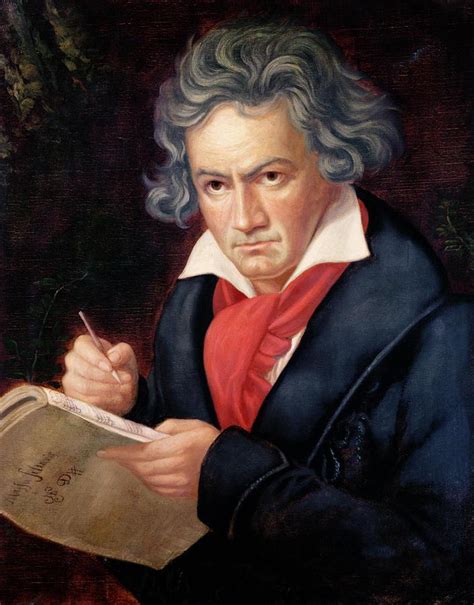
Section B of the tutorial can be reached at the link below:
Section C of the tutorial can be reached at the link below:

Everyone knows the melody to Ludwig van Beethoven's piano piece " Fur Elise ", but Elise's true identity has remained a mystery. Now a German musicologist says he's discovered who she really was.
Who was she?
Was she a real person?
Was she imaginary person?
Or maybe she was "virtual"?
Anyhow from hard rock and jazz to cabaret and ring tones, "Fur Elise" is the quintessential example of the popularization of classical music. If Beethoven got royalties, he'd be a wealthy man.
Everyone knows the melody to the short piano piece in A Minor. Though few stop to wonder what was behind the intimate dedication.
Berlin musicologist Klaus Martin Kopitz believes he has uncovered Elise's true identity.
"For years, I've been working on a publication called 'Beethoven in the eyes of his contemporaries', which includes all the reports from people who knew Beethoven personally: journals, letters, poems, memories," said Kopitz. "Certain women are mentioned, and one of them was Elisabeth Roeckel."
[video width="640" height="360" mp4="https://www.easypianoonline.com/wp-content/uploads/2020/12/Fur-Elise.mp4"]


